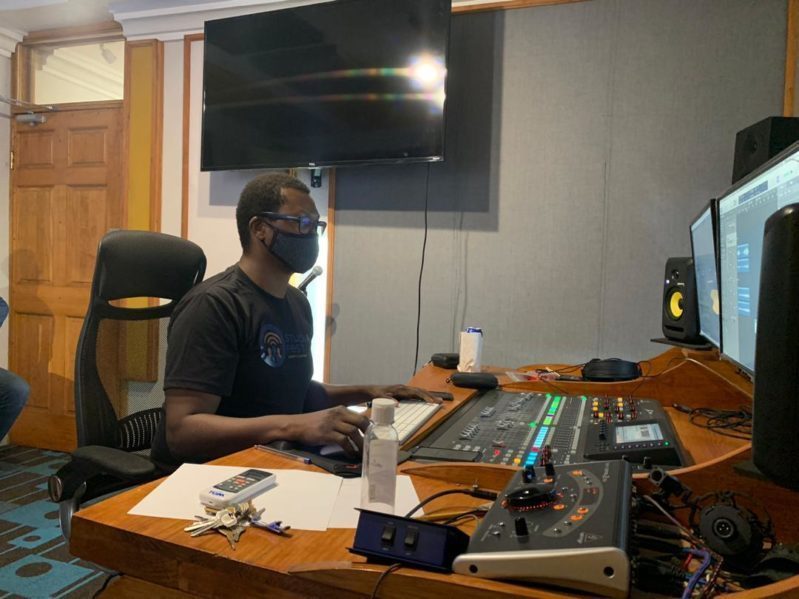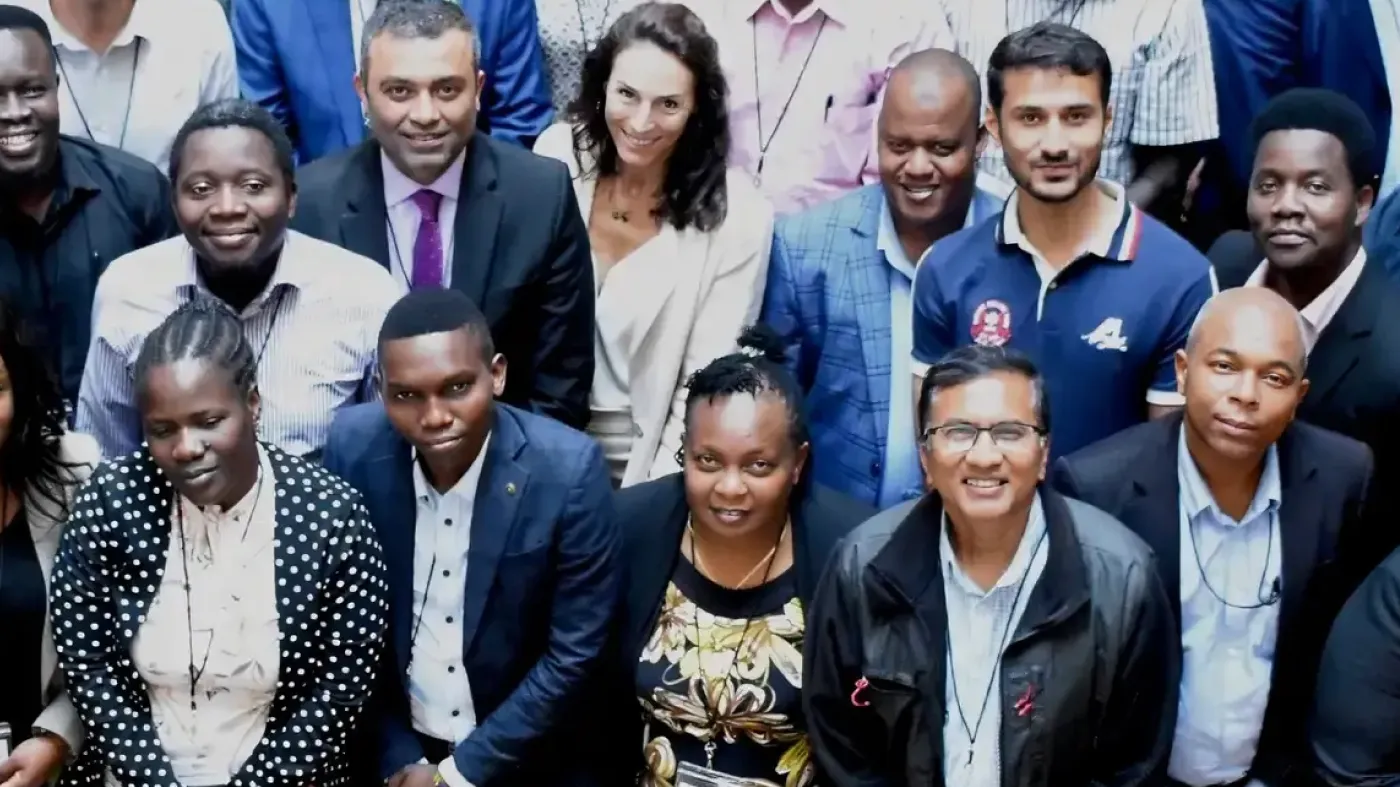Download All Country Data
Visitors to Haiti’s marketplaces have been picking up more than just what’s on their shopping list. They’ve also gotten crucial and timely information about preventing the spread of COVID-19 in their communities.
Since May 13, new episodes of a popular serial drama have been broadcast on the radio, across social media and even on the loudspeakers at some marketplaces, sharing COVID-19 prevention tips and debunking myths around the virus, all as part of the story’s plot.
It’s the latest rapid risk communication effort by Village Santé—a multimedia communication group that serves as the Haitian representative of Population Media Center—in partnership with Fokal, a national foundation supported by Open Society Foundations, and Resolve to Save Lives, an initiative of Vital Strategies. In a country with a fragile health infrastructure that could easily become overwhelmed by an increase in COVID-19 cases, lifesaving prevention information had to be deployed quickly and effectively. People needed to understand how to protect themselves from the virus and how to slow its spread—and also to get the truth behind the myths.
To scale up communication of this information, Village Santé developed 12 new episodes featuring characters from the popular radio serial drama Zoukoutap. The program, which is broadcast in Creole on more than 30 radio stations throughout the country, already had a steadfast following of over 470,000 people and beloved characters, which meant important COVID-19 information would reach a wide audience of engaged listeners. The new series is called “Claudi,” and features a new storyline that delves into the lives of Zoukoutap’s secondary characters.

Delivering the information in this entertainment-education hybrid format is the basis of the Sabido method, which Village Santé used to quickly teach the population about COVID-19. Pioneered in the 1970s with Mexican telenovelas, the Sabido method has proven to be an effective way to change people’s beliefs, attitudes and behaviors. With COVID-19 prevention and containment measures relying heavily on people’s behaviors and the social norms that drive them, influencing these elements was imperative to protecting Haitians and their health system.
The Sabido method is about more than a compelling script with a few health facts mentioned here and there. Johnny Jean, Communications Manager at Village Santé, says that the writing process begins with the development of a values grid.
“It’s the source from which all content will be created and oriented. The document is based on the results of preliminary research and developed with the help of a steering committee made up of medical specialists in public health, members of the Ministry of Public Health, communicators and experts in social sciences including psychology and sociology,” Jean explains. For the “Claudi” series, the values grid included categories such as preventive actions, personal responsibility, stigma, and myths around the pandemic. The document laid out the current behaviors and the beliefs and values that perpetuated them, as well as the desired behaviors of the target population and the positive values needed to achieve them.

Following this methodology, audiences get to know three types of characters: a negative character who perpetuates negative messages, a positive character who embodies the positive messages and a neutral character who represents the common person and who is under the influence of positive and negative messages. “As the story progresses, the neutral character stops being torn apart by his choices and makes the right decision, dictated by the positive values on the value grid, under the influence of the positive character,” Jean adds.
This is accomplished by inserting a key scene in each episode where dialogue between the positive and neutral characters influences the neutral character toward the desired behavior.
One unique challenge the creators faced was the need to adapt the messaging as new information (and misinformation) about the virus began to circulate. After development on the new series began, a rumor about a fever epidemic spread, as COVID-19 symptoms began increasing in communities. “It seemed to be a collective way to manage the issue of stigmatization and probably a reaction of denial due to fear of the disease,” Jean says. To address the new rumor, short epilogues were introduced after each episode. The team also added the new theme to the show’s awareness campaigns and social media platforms.
A final end-of-project assessment will help measure the magnitude of influence the series had during its full run, but in the meantime, Jean says they’ve been hearing positive feedback. “We’ve already received various comments from listeners who have shared how the series has helped them and encouraged them to follow the precautionary measures recommended by health authorities, to be wary of myths and to not stigmatize those with COVID-19.”
As the coronavirus continues to sweep the globe, the full impact of the damage it’s leaving in its wake is yet to be felt. Projects such as “Claudi” can work to influence the beliefs, attitudes and actions of people and ultimately help mitigate the virus’s impact.






